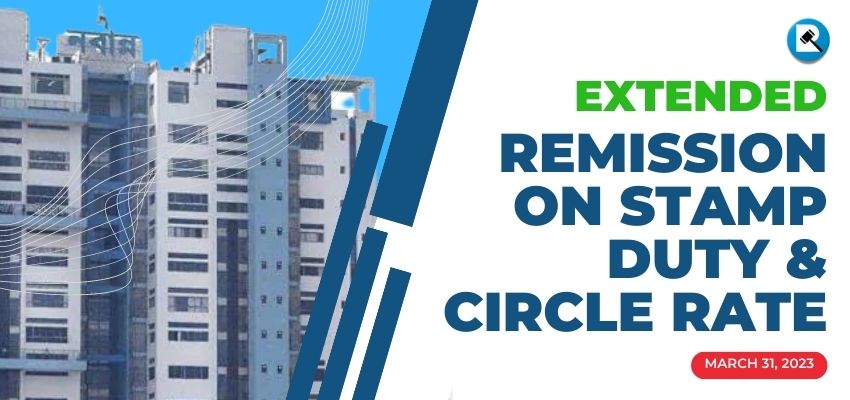Table of Contents
I. Introduction
Property ownership is a significant consideration in divorce proceedings, and it is essential to understand the legal process involved in transferring ownership in such cases. In Kolkata, there are specific laws and regulations governing the transfer of property ownership in case of divorce. In this article, we will discuss how to transfer property ownership in case of divorce in Kolkata.
II. Property Ownership in Case of Divorce
In case of divorce, the property ownership is transferred from both spouses to one of them, as per the terms of the divorce settlement. The spouse who retains ownership of the property becomes the sole owner, and the other spouse relinquishes all rights to the property.
III. Types of Property Ownership
Before discussing the transfer of property ownership in case of divorce, it is essential to understand the different types of property ownership. There are two types of property ownership in India, which are as follows:
1. Joint Ownership:
In joint ownership, both spouses have an equal share in the property, and both have equal rights to use and enjoy the property.
2. Sole Ownership:
In sole ownership, only one spouse has ownership rights to the property.
IV. Transfer of Property Ownership in Case of Divorce in Kolkata
In Kolkata, the transfer of property ownership in case of divorce is governed by the Transfer of Property Act, 1882. The transfer of ownership can take place through a registered sale deed or through a gift deed.
V. Steps Involved in Transfer of Property Ownership in Case of Divorce in Kolkata
The following are the steps involved in the transfer of property ownership in case of divorce in Kolkata:
1. Divorce Settlement:
The first step is to reach a divorce settlement, which includes the terms of the property transfer.
2. Drafting the Sale Deed or Gift Deed:
Once the divorce settlement is reached, a sale deed or gift deed needs to be drafted. The deed should clearly mention the terms of the transfer, such as the property details, the consideration amount, and the transfer of ownership rights.
3. Execution of Sale Deed or Gift Deed:
Once the deed is drafted, it needs to be executed by both parties before a notary public or a sub-registrar. The deed should be signed by both parties in the presence of two witnesses.
4. Registration of Deed:
Once the deed is executed, it needs to be registered with the sub-registrar’s office. The registration process involves the payment of stamp duty and registration fees. The registration process should be completed within four months of the execution of the deed.
5. Mutation of Property Records:
Once the registration process is complete, the property records need to be mutated to reflect the change in ownership.
VI. Documents Required for Transfer of Property Ownership in Case of Divorce in Kolkata
The following are the documents required for the transfer of property ownership in case of divorce in Kolkata:
1. Sale Deed or Gift Deed:
The sale deed or gift deed should be drafted, executed, and registered as per the legal requirements.
2. Identity Proof:
Both parties should submit their identity proof, such as Aadhaar card, PAN card, or passport.
3. Property Documents:
The original property documents, such as sale deed, property card, and tax receipts, should be submitted.
4. Stamp Duty and Registration Fees:
The stamp duty and registration fees need to be paid by both parties for the transfer of ownership. The stamp duty is calculated based on the market value of the property and varies from state to state. In Kolkata, the stamp duty is 7% of the market value of the property in case of sale deed (Currently 2% exemption available on stamp duty), and the registration fees are 1% of the market value of the property.
6. Execution of Transfer Deed:
Once the payment of stamp duty and registration fees is made, the transfer deed is executed by the parties involved. The transfer deed should contain all the necessary details, such as the names of the parties involved, the details of the property, the date of transfer, and the consideration amount.
7. Registration of Transfer Deed:
The final step in the transfer of ownership of the property is the registration of the transfer deed. The transfer deed needs to be registered with the sub-registrar office within four months of its execution. The parties involved need to submit the transfer deed along with other necessary documents, such as identity proof, proof of ownership, and receipts of payment. Once the transfer deed is registered, the ownership of the property is transferred to the new owner.
V. Factors Affecting the Transfer of Property Ownership in Case of Divorce
Several factors can affect the transfer of property ownership in case of divorce. These include:
1. Mutual Agreement:
The transfer of property ownership in case of divorce can be done smoothly if both parties mutually agree to the terms and conditions of the transfer.
2. Ownership Rights:
The transfer of property ownership can be complicated if there is a dispute regarding the ownership rights of the property.
3. Property Loan:
If the property is under a home loan, the transfer of ownership can be affected by the loan agreement terms and conditions.
4. Legal Documentation:
Proper legal documentation is essential for the transfer of ownership. Any discrepancies in the legal documentation can delay the transfer process.
VI. Conclusion
In conclusion, the transfer of property ownership in case of divorce in Kolkata can be a complicated process. It is important to have a clear understanding of the legal procedures involved in the transfer of property ownership. The transfer of ownership requires mutual agreement between both parties, payment of stamp duty and registration fees, execution of transfer deed, and registration of transfer deed with the sub-registrar office. It is advisable to seek the assistance of a property lawyer in Kolkata to ensure that all the legal procedures are followed correctly. It is important to note that any discrepancies in the legal documentation can delay the transfer process.



